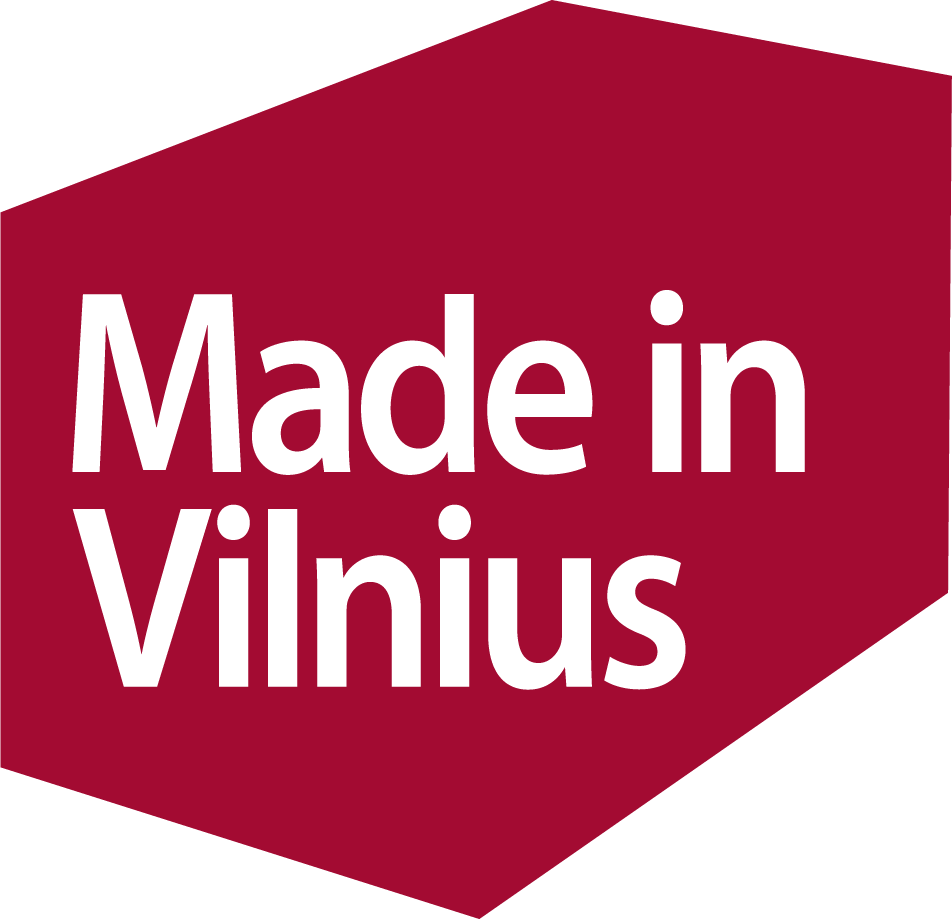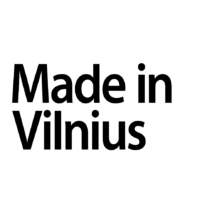"I have a fragile hope that reading or at least flipping through these pages will help someone to organize their thoughts, offer ideas, allow them to understand new things, maybe even inspire someone to greater ambitions or simply make them happy. I wanted to tell you how the city works - how change really happens, and why fights sometimes happen", admits the mayor of Vilnius in the book "The City and the Mayor" Remigius Šimašius.
In the book published by the Eugrimas publishing house in December, readers will find meaningful and deep conversations between the mayor of the capital and the people creating the future about the change of cities, leadership challenges, experience and lessons of implementing reforms in Vilnius.
"The idea that my experiences - good and bad - and insights should be put into the format of a book arose two years ago, when I finally decided that I would not seek a third term as mayor. After all, during my career I have learned a lot about the city and leadership, just like before my political career, I still like to write, analyze, dig up things that are not always visible at first glance. I believe that in the beginning there is a word and from the word an action begins, which can already make the world a better place", he says R. Šimašius.
"I talk to as many different people as possible - from different fields, different relationships with me. But all the interviewees share some wonderful qualities - smart, open-minded, and most importantly, they create the city themselves. Thanks to them for agreeing to this adventure, for saving us from the monologue genre. After all, the city is not a monologue, it is interaction and conversations", R. Šimašius admits in the book's introduction.
The Prime Minister visited R. Šimašiaus' improvised chat room Ingrida Simonyte. for communication Karolis Žukauskas, former director of municipal administration Povilas Poderskis, Vilnius city municipalities administrative assistant Kipras Krasauskas.
What is missing in cities? Why is it so difficult to initiate and implement change? Who are the drivers of change and who are the biggest inhibitors. Why is change difficult to accept? How is it really happening? What is the cost of the policy? How is it possible to cover everything? What are the recipes for success and what are the reasons for failure? Is Sovietism still lurking in our society? What and how to trust?
The book dives into various topics openly and deeply. It is the historical memory, the economic life, the backstage of politics, and the urban face of the city. In informal and detailed conversations, there will certainly be no shortage of interior kitchen mise-en-scenes, friendly reflections or more open statements of opinion. Here you will find conversations about the change of cities, leadership challenges, experience and lessons of implementing reforms in Vilnius.


